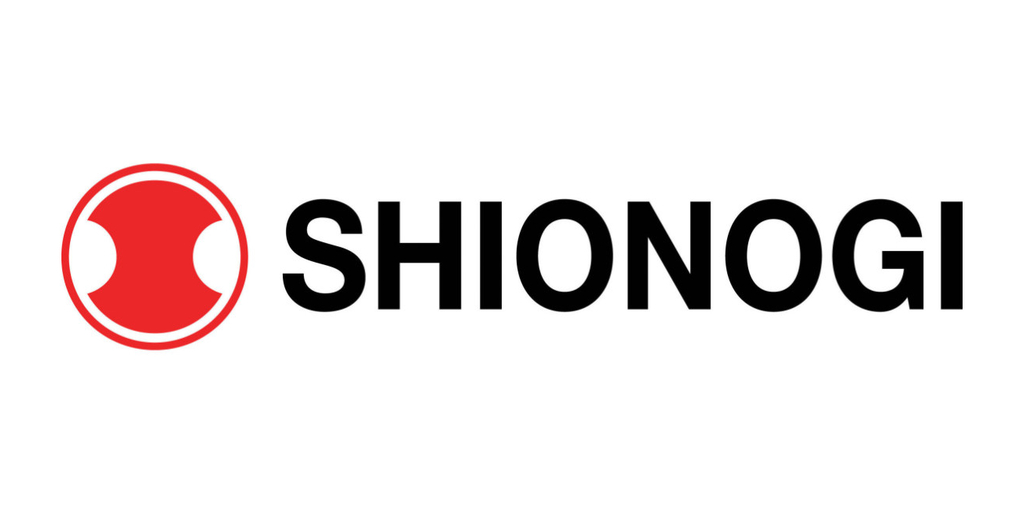18 April 2023 | Tuesday | News

Image Source : Public Domains
Shionogi & Co., Ltd. (Head Office: Osaka, Japan; Chief Executive Officer: Isao Teshirogi, Ph.D.; hereafter "Shionogi") announces key data for Fetcroja® (cefiderocol), an innovative siderophore cephalosporin, to be presented at the 33rd European Congress of Clinical Microbiology & Infectious Diseases (ECCMID), April 15-18, 2023, including new real-world evidence demonstrating its efficacy against some of the most difficult-to-treat Gram-negative bacterial infections.
“These are pathogens that fall into the World Health Organization’s critical priority list, for which effective treatments are urgently needed.”
In Europe, cefiderocol is commercially available under the brand name Fetcroja® for the treatment of infections due to aerobic Gram-negative organisms in adults with limited treatment options.1 In the US, cefiderocol is available under the brand name Fetroja® and is indicated in patients 18 years of age or older for the treatment of hospital-acquired bacterial pneumonia, ventilator-associated bacterial pneumonia (HABP/VABP) and complicated urinary tract infections (cUTIs) caused by certain susceptible Gram-negative microorganisms.2
Interim results are emerging from PROVE (Retrospective Cefiderocol Chart Review), an ongoing international, retrospective study of the real-world use of cefiderocol for Gram-negative infections across EU and US sites.3,4 The study includes 194 patients with Pseudomonas aeruginosa infections treated with cefiderocol (123 from the US and 71 from the EU). These were generally seriously ill patients, many requiring mechanical ventilation and/or vasopressor support. The interim results show that cefiderocol achieved clinical cure in 65% of these patients, and 81% of patients were alive within 30 days of starting cefiderocol treatment. The patients principally had respiratory tract and bloodstream infections. Cefiderocol was initiated for a documented pathogen in the majority of cases (77%) and as monotherapy in 57% of patients.
Also in the study were 98 patients with Acinetobacter baumannii infections (71 from US and 27 from the EU). The patients had respiratory infection and bacteraemia as the most common infections. High levels of organ support were required in these patients, with 45% receiving mechanical ventilation and 30% requiring vasopressor support. Cefiderocol achieved clinical cure in 60% of patients, and 76% of patients were alive within 30-days of starting treatment. Cefiderocol was targeted as first treatment or as salvage therapy in 93% of patients, and as monotherapy in 41% of patients.
“These interim results from PROVE build on a growing body of real-world evidence across Europe and the US demonstrating the efficacy of cefiderocol in treating patients with life-threatening infections, such as Acinetobacter baumannii and Pseudomonas aeruginosa, the majority of whom are very sick with multiple comorbidities,” commented Prof. Dr. Dominic Wichmann, Consultant in department of Intensive Care Medicine, University of Hamburg-Eppendorf. “These are pathogens that fall into the World Health Organization’s critical priority list, for which effective treatments are urgently needed.”
Antimicrobial resistance (AMR)
Antimicrobial resistance (AMR) is a major health burden which urgently needs to be addressed. Globally, in 2019, there were 1.27 million deaths attributable to bacterial AMR.5 Infections caused by carbapenem-resistant Gram-negative bacteria are often associated with a high mortality rate.6 If no action is taken, antimicrobial resistance is predicted to kill 10 million people every year by 2050, at a cumulative cost to global economic output of 100 trillion USD.7
© 2026 Biopharma Boardroom. All Rights Reserved.